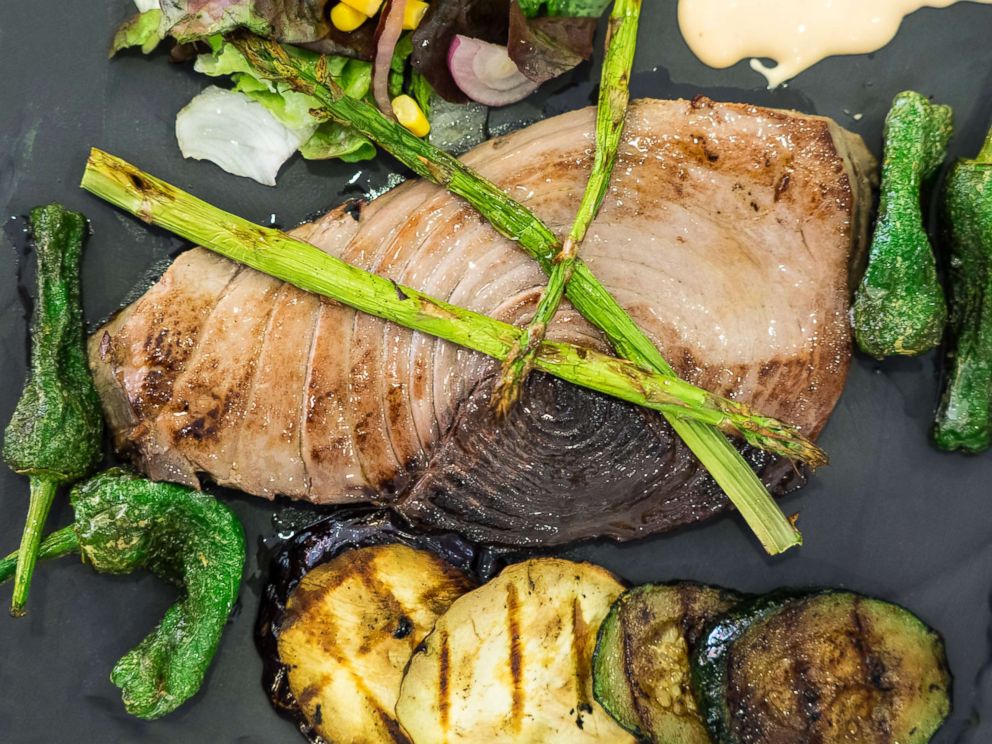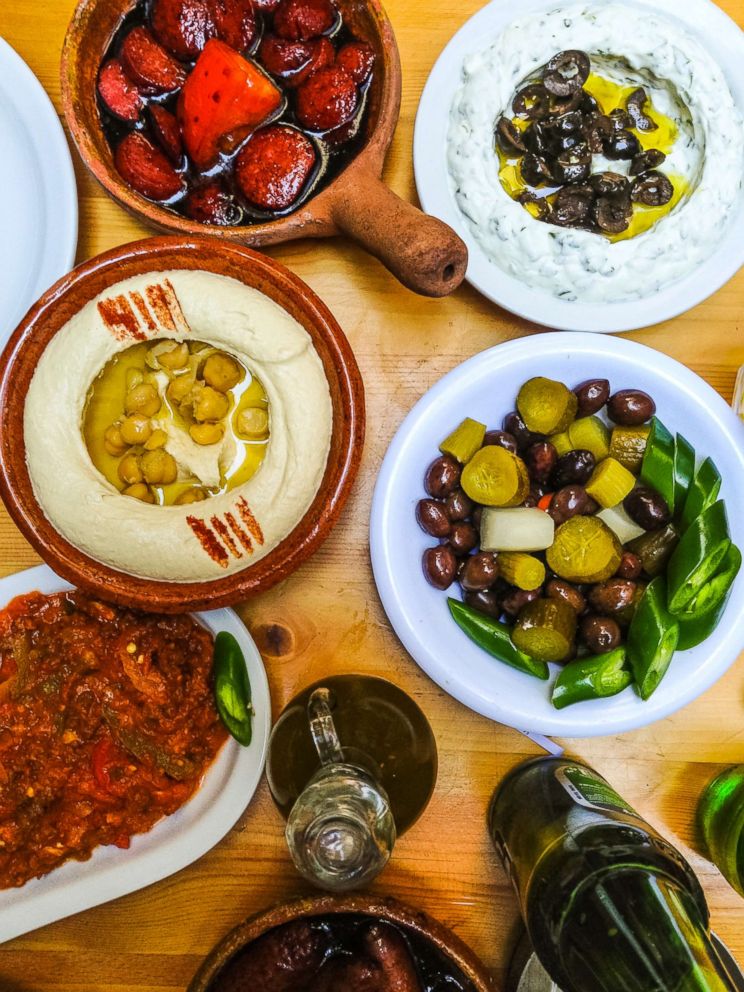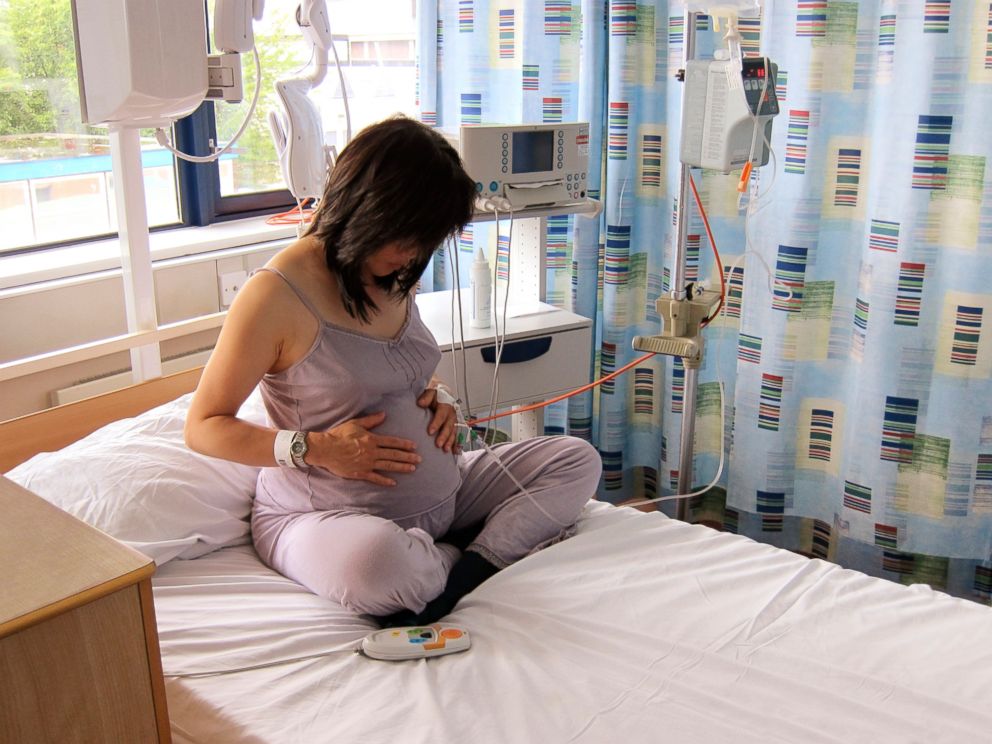Mediterranean diet might improve in vitro fertilization success, study finds
The diet is rich in fruits, vegetables, olive oil, nuts, some grains and fish.
— -- The Mediterranean diet -- a regimen rich in fruits, vegetables, olive oil, nuts, complex grains and fish and low in red meat -- has many well-established health benefits such as weight loss, lowering of cholesterol and improved blood pressure control. Now, it appears that it might also provide a benefit for some women struggling with infertility.
In a recent study published in the journal Human Reproduction, researchers found that women were 2.7 times more likely to achieve pregnancy on their first trial of in vitro fertilization (IVF) when they adhered to a Mediterranean diet for six months prior to embryo implantation.

To come to this conclusion, the study’s lead author, Nikos Yiannakouris of Harokopio University in Greece, reviewed the diets of 244 women who were planning to undergo IVF. They found that the more strictly these women followed a Mediterranean diet, the more successful they were at becoming pregnant. Importantly, this benefit only applied to women between the ages of 22 to 35 with a body mass index (BMI) less than 30.

Though this study doesn’t necessarily prove that dietary changes can result in successful IVF, it is one of the first to show that dietary changes matter.
“There are lots of studies that have focused on certain foods and their effect on IVF, but very few that have looked at the role of dietary patterns such as the Mediterranean diet, until now,” Yiannakoris said.

As for exactly how diet affects reproduction, it is still a bit of a mystery, though Yiannakoris said there are some ideas of how this may work.
“High intake of dietary antioxidants may help maintain a good environment in the endometrium which can lead to pregnancy,” he said. “The Mediterranean diet is made of foods that contain good quality proteins, good quality carbohydrates and lots of olive oil, which is full of monounsaturated fatty acids -- all of which we believe have beneficial effects on a woman’s ability to conceive.”

Prior research has also shown that the Mediterranean diet might decrease the risk of difficulty conceiving naturally. Additionally, past studies have shown that mothers who adhered to a Mediterranean diet during pregnancy had children with lower rates of obesity.
“I always encourage women to 'live like they are pregnant' because that is often when our nutrition is the best,” Dr. Jennifer Ashton, ABC News chief health and medical correspondent, said. “If we carried this diligence over to ourselves, even before pregnancy, we may find that we have an easier time conceiving.”
Ashton noted that it is important to keep in mind that there are no studies to date that can prove the positive effects of any diet as it relates to pregnancy.
Since the Mediterranean Diet is already known to be beneficial for general health, women who are trying to get pregnant via IVF may want to consider it, Ashton said.
“I think there is enough data to recommend the Mediterranean Diet for almost anything,” she explained. “It's safe, simple and sustainable and is low in sugar -- those are all the ingredients for a healthy way to eat, and this applies to women AND men.”
For more information about diet in pregnancy, check out Ashton’s book, “Eat This Not That When You're Expecting.”




